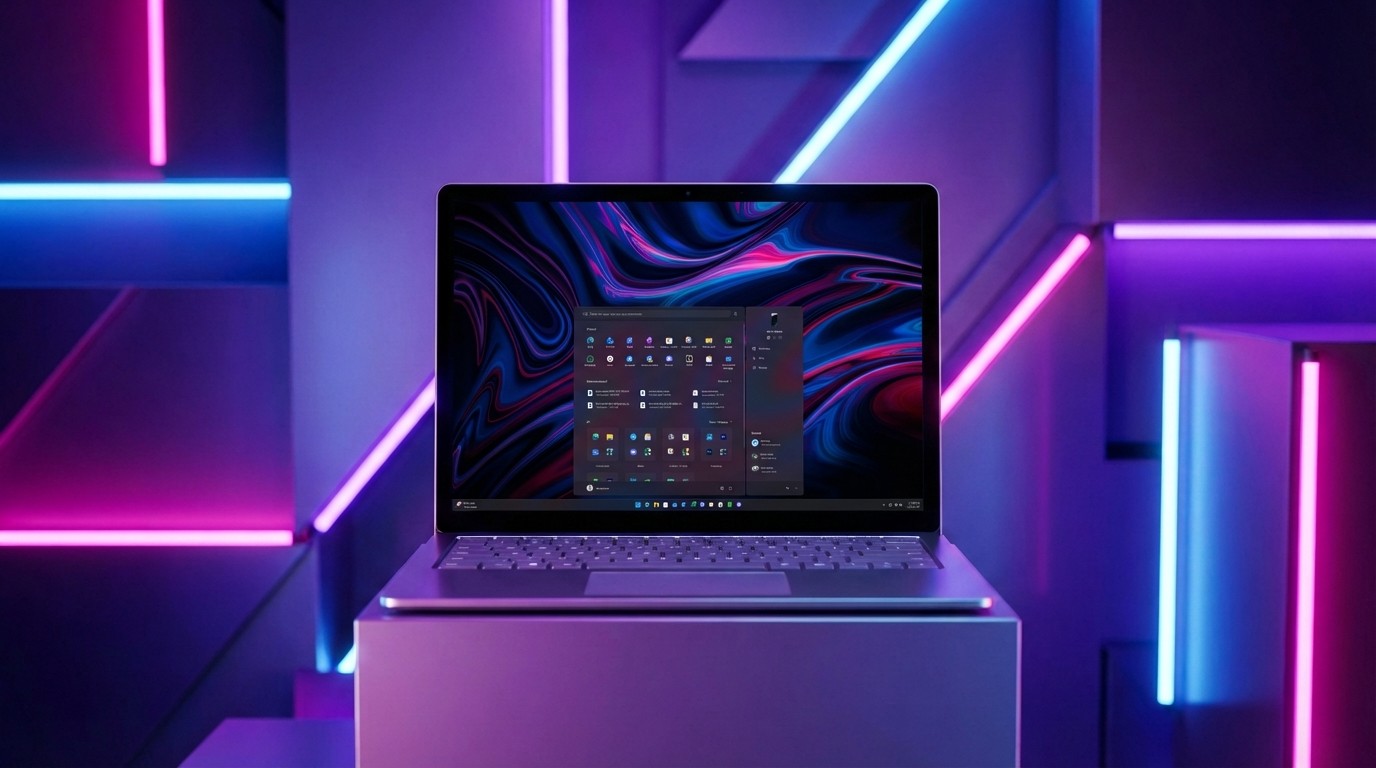Part II, Microsoft's aggressive push to rule personal computing: cross-platform clouds and alternate realities
Resistance is futile; you will be assimilated.

All the latest news, reviews, and guides for Windows and Xbox diehards.
You are now subscribed
Your newsletter sign-up was successful
If you're anything like me, that quote is familiar to you. It's the ominous warning of Star Trek's cybernetic hive mind-connected Borg, meant to communicate the hopelessness of escape to those the unrelenting race has determined to assimilate.
As I shared in in the first part of this extended editorial, though Microsoft is not a species-devouring cybernetic antagonist, the company ambition, and aggression equals that of the fictional Borg. In their passionate pursuit to rule personal computing the business has grown beyond the founding dream of putting a PC on every desk as Satya Nadella states here:
"When I joined the company in '92, it was about the PC in every home and on every desk. Guess what: We achieved that. And a company has to outlast any given technology paradigm and any ambitious goal."
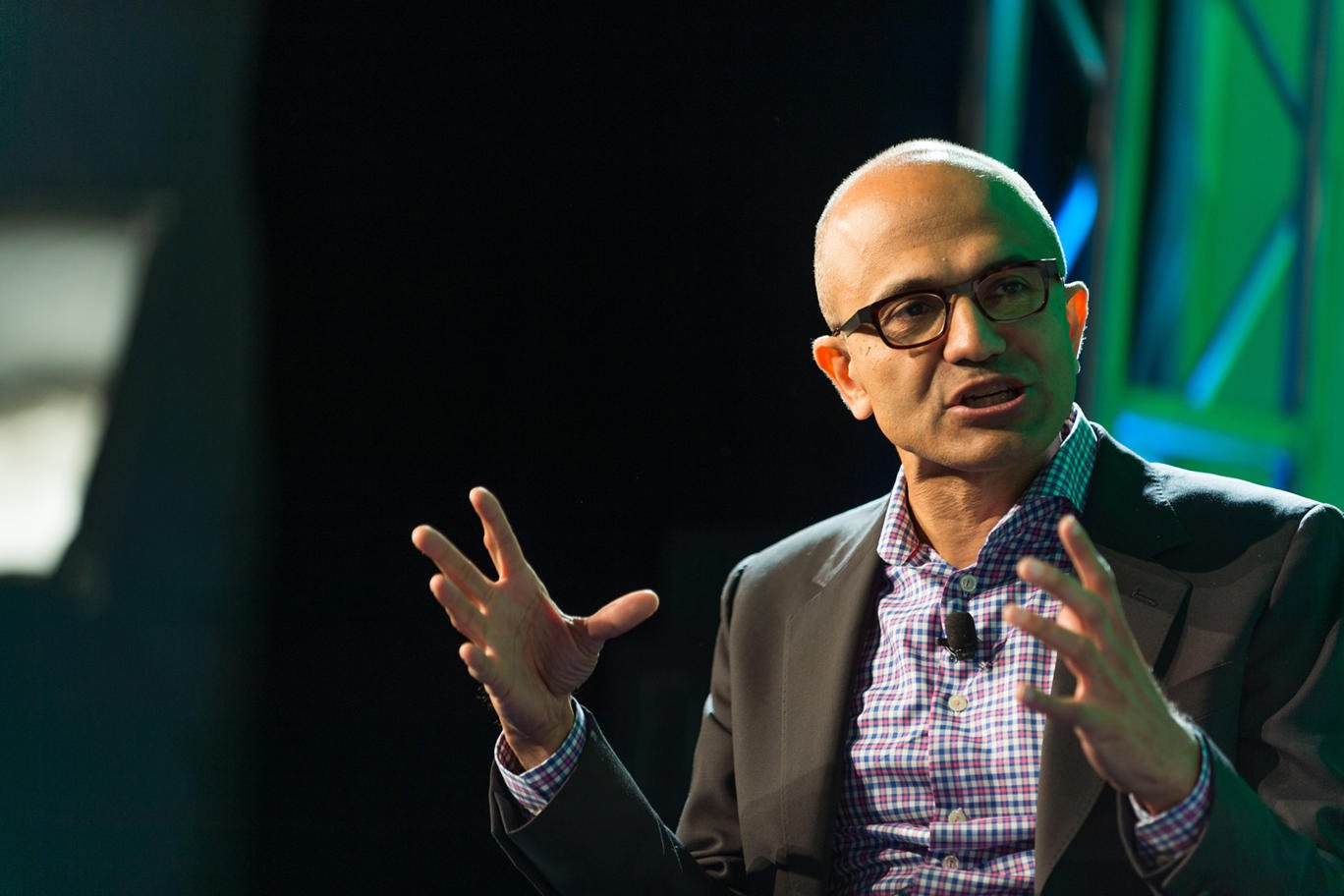
The company's current manifestation is a firm pursuing the dominant position in the new of age personal computing. Microsoft has now become an aggressive advocate of Windows 10 as an all-encompassing form-factor agnostic platform as discussed in part one of this series. The firm is also positioned as an ever-growing provider of a cloud-based platform for individual and enterprise digital experiences. These shifts combined with Redmond's position as an aggressive provisioner of cross-platform mobile apps is Microsoft's ambitious positioning of itself as the "platform for platforms" upon which personal computing will occur.
About the company's pursuit to rule personal computing, Microsoft is making clear it's intent: Resistance is futile. You will be assimilated.
Windows and Beyond
Microsoft's goal with Windows 10 is to leverage its 1.5 billion PC install base to grow beyond the PC and to position Windows as a unified platform for every personal computing venue of the modern age. As such Windows 10 is Microsoft's tool to move the industry's dominant perception of personal computing from the "smartphone" to the unified platform that facilitates a user's digital experiences between devices.
Microsoft's aggressive efforts with Windows 10 are just a part of the company's strategy to position itself as the industry leader in personal computing. As a sponge submerged beneath the water is both surrounded by and filled with water, Microsoft via the cloud and pervasive cross-platform app development is seeking to engulf and fill rival platforms with Microsoft-branded cloud and work/personal productivity solutions.
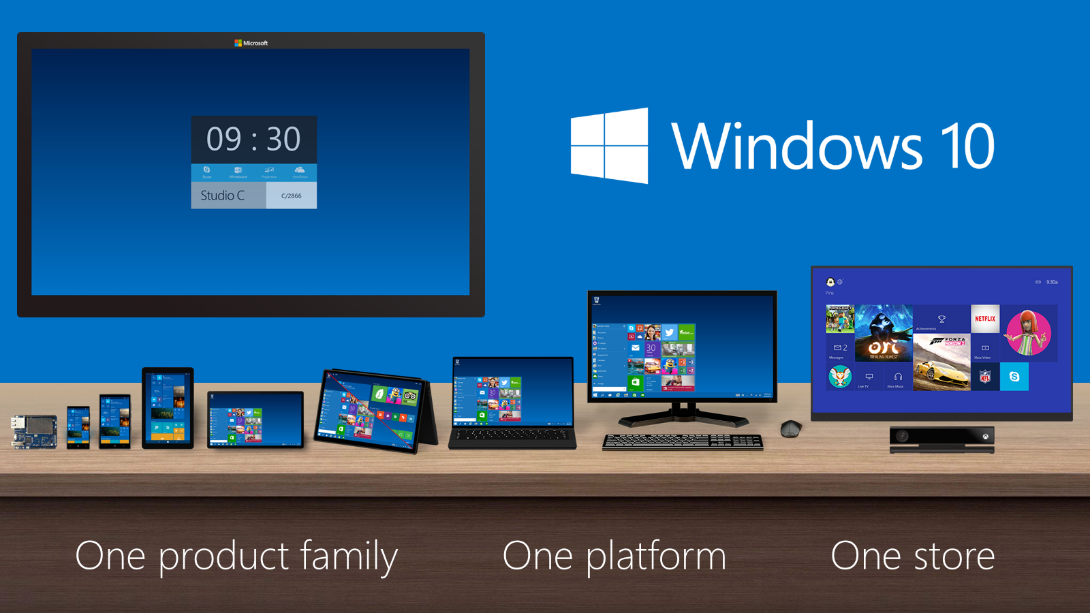
From an individual user's personal computing needs to the breadth of a corporation's diverse processes, the cloud is the new frontier and Microsoft is staking its claim. Nadella had this to say{.nofollow} about Microsoft's cloud strategy:
All the latest news, reviews, and guides for Windows and Xbox diehards.
"The combination of Azure and Windows Server makes us the only company with a public, private and hybrid cloud platform that can power modern business."
Microsoft's efforts to position itself as the complete cloud solution has seen the company partner with app makers such as John Gruber and Brent Simmons. They used Microsoft Azure as the backend for their mobile app Vesper on iOS. Redmond has also pushed commercial business customers to embrace Microsoft's cloud across Azure, Office 365 and CRM online.
Microsoft, through its cloud efforts, is steadily assimilating businesses and individuals into its personal computing ecosystem.
Silver lining
As the only company with a public, private and hybrid cloud platform, Microsoft has a strategic advantage over rivals like Google (ranked fourth in the cloud business after #3 IBM and #1 Amazon). As the number two player in the industry, Microsoft has seen tremendous growth in its cloud business thanks to its unique combination of offerings. Following is an excerpt of some highlights from Microsoft's Q2 results:
Revenue in Intelligent Cloud grew 5% (up 11% in constant currency) to $6.3 billion.
- Server products and cloud services revenue grew 10%
- Azure revenue grew 140%, with revenue from Azure premium services growing nearly 3x year-over-year
- Over one-third of the Fortune 500 have chosen our (Microsoft's) Enterprise Mobility solutions, up nearly 3x year-over-year.
Microsoft's cloud offerings encompass a range of services{.nofollow} such as cross-platform management of mobile devices, combining existing data centers with Microsoft's public cloud, third-party extensibility and much more. As Microsoft's cloud offerings continue to offer such diversity and value, the industry may concede that resistance is indeed futile.
Hitting the road
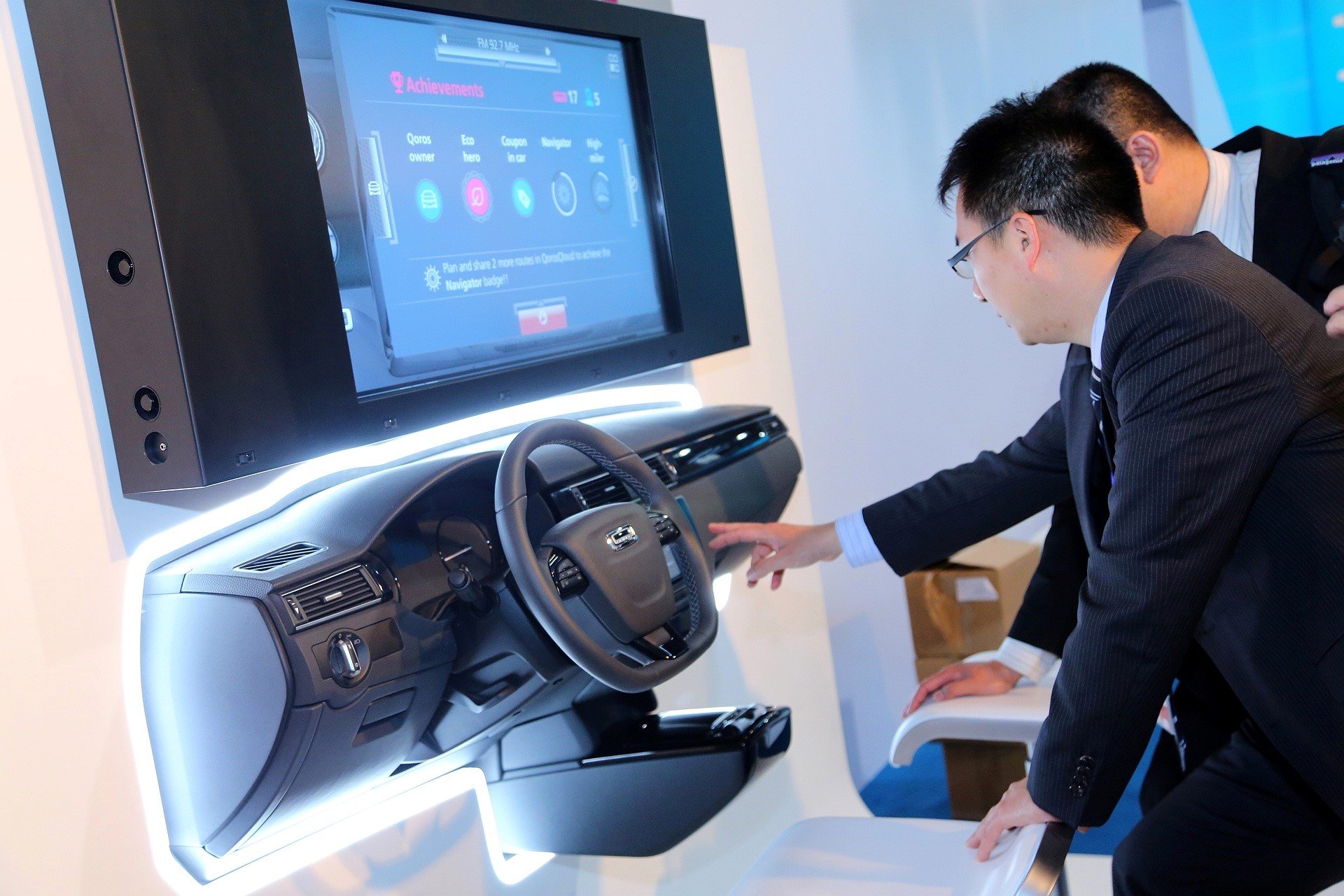
Microsoft's goal to be the platform wherever personal computing is taking place includes our vehicles. Consequently, as the automotive industry continues its trek to build connected, intelligent vehicles Microsoft has forged partnerships to ensure a unique and comprehensive presence. The following excerpt shares some highlights about Microsoft's partnerships with automakers:
- Volvo: Integrate Microsoft Band 2 with a Windows 10 smartphone and the Volvo on Call Universal App.
- Harman: Integrate Microsoft Office 365 productivity suite capabilities into Harman infotainment systems. Drivers will be able to access Office 365 services and interact with them through intelligent personal assistant software to schedule meetings, hear and respond to important emails, and make Skype calls when in park, or when on the road in autonomous vehicles.
- IAV: will use Windows 10 Continuum to stream Windows 10 via a mobile device directly to a car's dashboard, giving drivers access to Windows 10 features and apps such as Cortana, Skype for Business, Calendar, Outlook and Groove Music while the vehicle is in autonomous driving mode or parked.
- Nissan Motor Company and Microsoft will announce that all Nissan LEAF and Infiniti models in Europe will have Connect Telematics Systems (CTS) powered by Microsoft Azure

Our strategy is to be the ultimate platform for all intelligent cars.
Microsoft's partnership with automakers sees the company not only bringing front-end productivity tasks to automobiles as those outlined above but also cloud-based services that make Microsoft's solution a broad platform for all intelligent connected cars. Microsoft articulated their position this way:
They (automakers) are choosing Microsoft because we uniquely deliver end-to-end solutions from the cloud, to the device, to predictive analytics...Nobody else offers this breadth and depth to the auto industry… In the near future, the car will be connected to the Internet, as well as to other cars, your mobile phone and your home computer …The car becomes a companion and an assistant to your digital life. And so our strategy is to be the ultimate platform for all intelligent cars."
The advantage of Microsoft's solution over Apple's and Google's in-car solutions is that it is a broad platform play rather than a pitch for the dashboard. Microsoft's Peggy Johnson, VP of global business development at Microsoft summed it up this way:
With this partner focus, we're able to leverage our cloud-based intelligence technologies, productivity services and tools, and even personal assistant technologies like Cortana in a neutral manner.
From the inside out
No strategy seems to ignite the ire of the Windows phone faithful as much as Microsoft's cross-platform endeavors. Over the years, we've seen apps such as Office, Bing, Skype, OneNote, Groove, SmartGlass, OfficeLens, Sway, SunRise, and even Cortana (can you think of any others?) either arrive exclusively or first on rival platforms or apparently receive better development than their Windows counterparts. Microsoft's Joe Belfiore recently stated the following in reference to Microsoft's cross-platform app development:
"Consumers and business users expect their PCs and phones to work in concert— so to satisfy our customers we need to consider the devices they use AS WELL AS the devices we'd like them to use. Furthermore, there's a lot of work happening at MS which integrates Windows PCs with iOS and Android devices…"
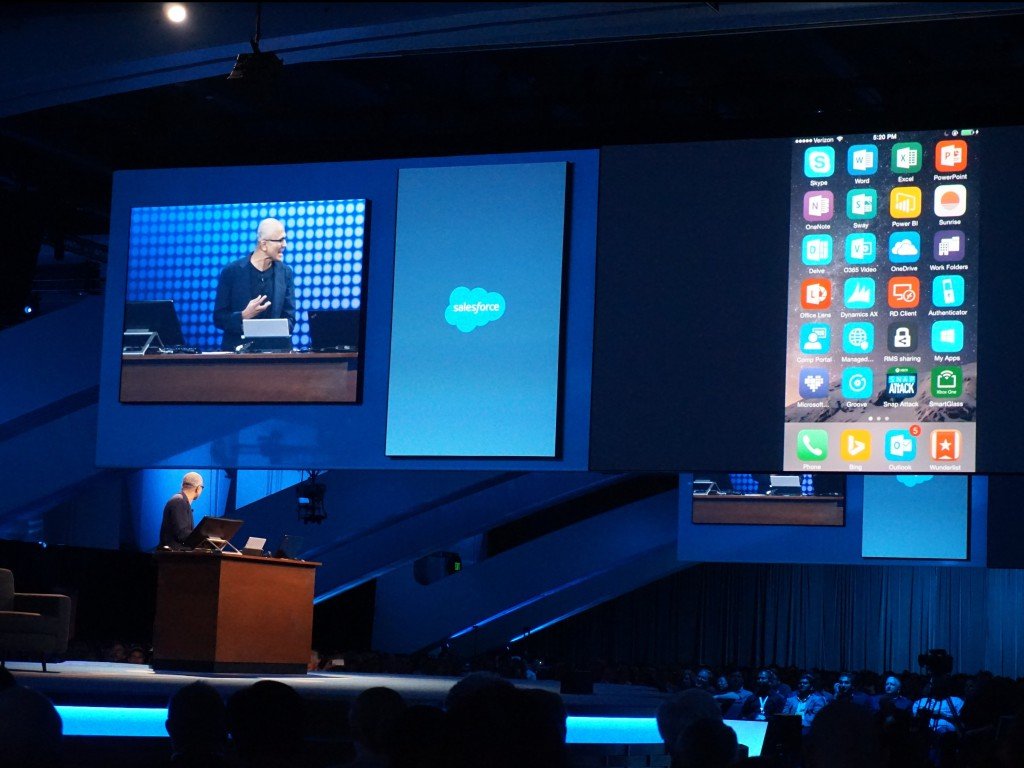
Microsoft's Windows 10 Companion app is the firm's tool to help users integrate the Window 10 experience with their mobile devices. As the Borg inject nanoprobes into those they seek to assimilate to initiate their transformation, Microsoft is injecting Microsoft apps into the ecosystems of those users they wish to assimilate. Consequently, a consumer using Microsoft apps on a rival platform is an active participant in Microsoft's ecosystem. Resistance is futile.
A consumer using Microsoft apps on a rival platform is an active participant in Microsoft's ecosystem.
Microsoft's aggressive push at a ubiquitous mobile presence with purchases such as Accompli, SunRise, and most recently SwiftKey, is a testimony of the company's aggressive push to rule personal computing and to be wherever the user is. As to why the "best on Windows experience" promised by Nadella is yet to come to fruition is open to speculation. The incompleteness and "developing" status of Windows 10 may have hindered the development of an optimal experience on Windows. Additionally, Microsoft's efforts to stand out on rival platforms littered with enticing first- and third-party alternatives to its cross-platform apps may have motivated the firm to ensure Microsoft's solutions ranked as an engaging choice there. Whatever the reason Satya Nadella, with his Microsoft-app-laden "iPhone Pro", sees the company's cross-platform apps efforts this way:
Apps will be designed as dual use with the intelligence to partition data between work and life...All of these apps will be explicitly engineered so anybody can find, try and then buy them in friction-free ways. They will be built for other ecosystems so as people move from device to device, so will their content and the richness of their services – it's one way we keep people, not devices, at the center.
Crossing the virtual divide
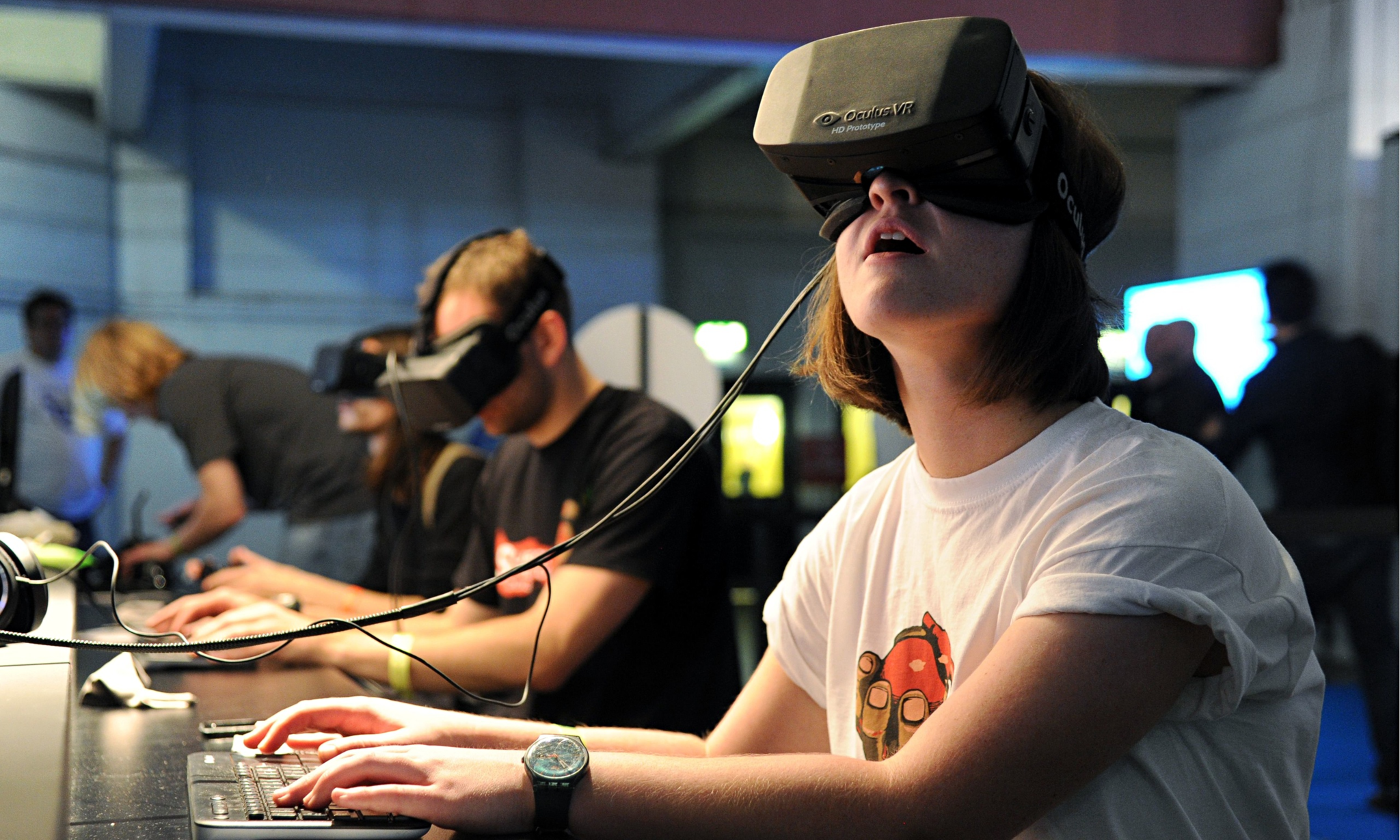
As Virtual Reality moves into the mainstream by way of market leaders such as Facebook with its Oculus Rift VR headset, Microsoft's gaming ecosystem and Windows 10 is moving with it. The Oculus Rift streams Xbox games, includes a Xbox controller and runs on Windows 10. Through key partnerships such as this, Microsoft is ensuring that it is the platform for personal computing, including new venues for gaming, wherever it is happening.
Moreover, the 34.05% of Steam users on Windows 10 is a nice compliment to this expanding Windows 10 gaming ecosystem which includes the millions of Xbox One users now running Windows 10.
Having mentioned Microsoft's partnership in virtual reality, it is only prudent to address their pioneering efforts in augmented/mixed reality. I shared in "What HoloLens means for Microsoft and the future of personal computing" that Microsoft is making a platform play for holographic computing. Since every Windows 10 build contains APIs for Windows Holographic (Microsoft's platform for holographic computing), Microsoft's aggressive Windows 10 push is seeding the industry for what it deems to be the next stage in personal computing.
Like the Surface inspired a range of 2-in-1s, HoloLens is an aspirational device designed for OEM partners to emulate. As such, a variety of wearable Windows 10 computers may eventually become the norm.
Given the pace of technologies advancement, with enough time, what is now a relatively bulky headset may give way to a more traditional eyewear form-factor. Consequently, personal computing via a wearable platform with the full power of a traditional PC and the communication features of current smartphones places Microsoft in an optimal position for what may be the next shift in mobile.
You will be assimilated
As the decades-long hegemony of Windows PC's made Microsoft's personal computing solution ubiquitous and virtually inescapable, the combination of Redmond's cloud efforts, cross-platform app offerings, and aggressive Windows 10 push will make it virtually impossible to escape Microsoft's presence in this new age of personal computing.
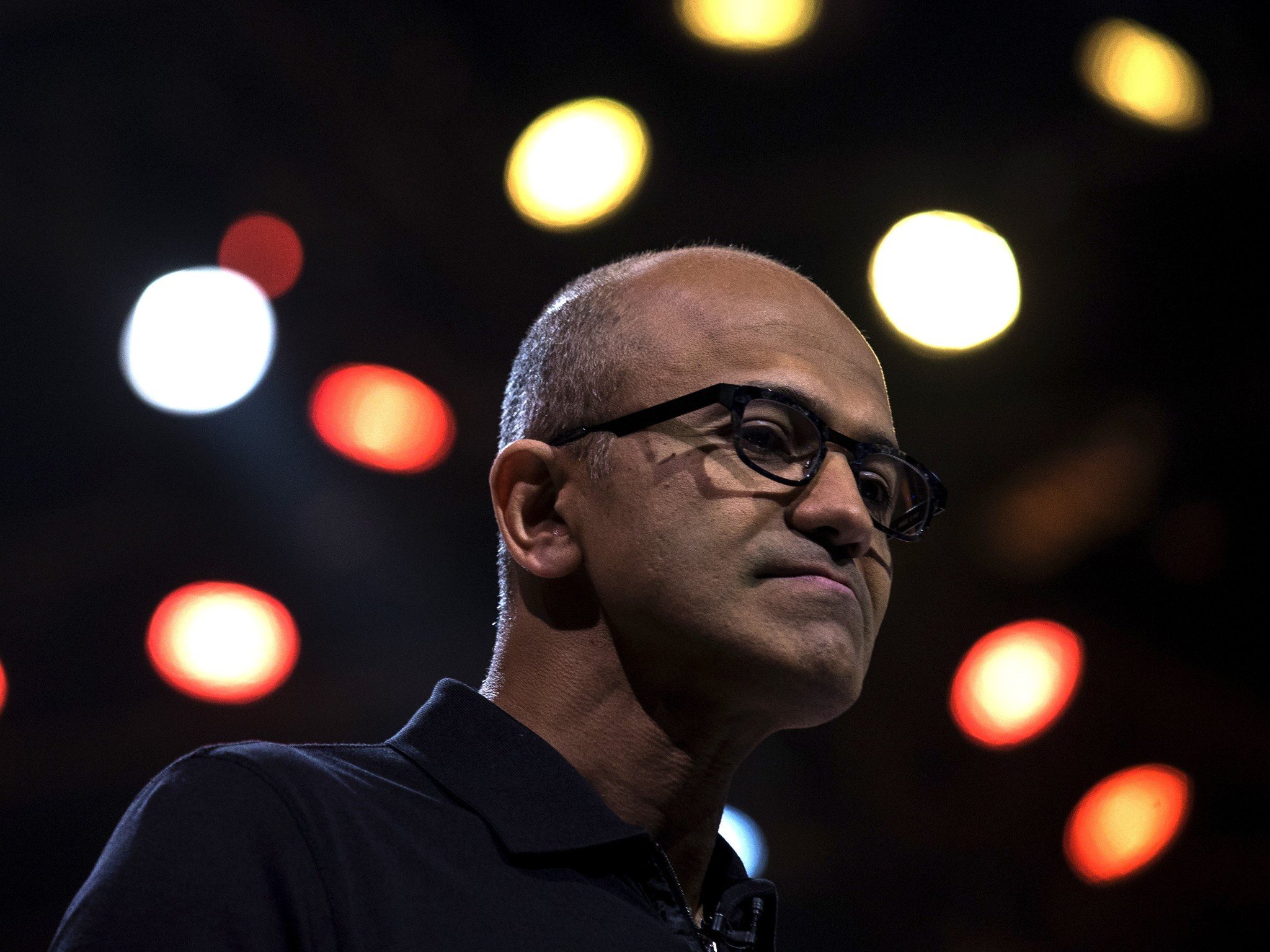
Regardless of a user's ecosystem of choice, Microsoft's, Apple's or Google's, the Microsoft Cloud, cross-platform apps or Windows 10 are likely part of most users personal computing experiences. Resistance is futile; because whether you realize it or not, you've probably already been assimilated.
Part I: Microsoft's aggressive push to rule personal computing: Windows 10

Jason L Ward is a Former Columnist at Windows Central. He provided a unique big picture analysis of the complex world of Microsoft. Jason takes the small clues and gives you an insightful big picture perspective through storytelling that you won't find *anywhere* else. Seriously, this dude thinks outside the box. Follow him on Twitter at @JLTechWord. He's doing the "write" thing!
